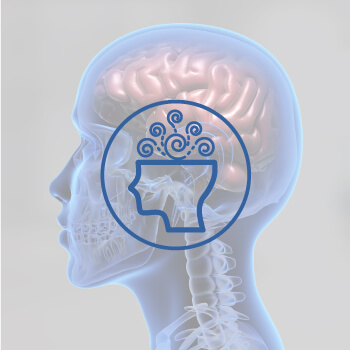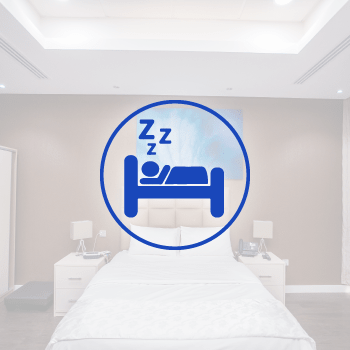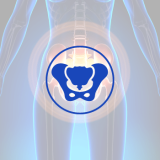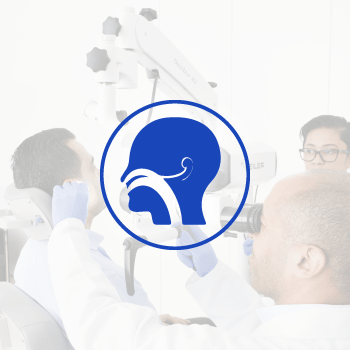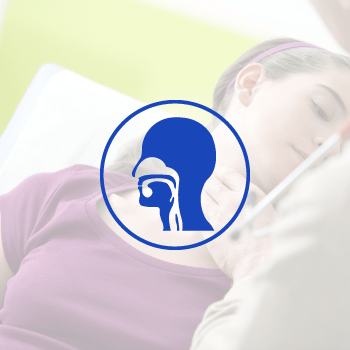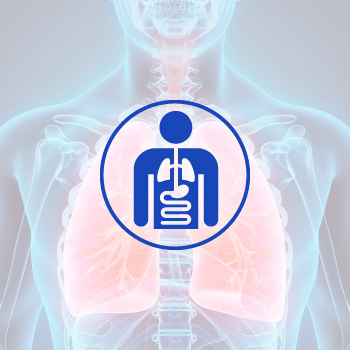Obsessive-Compulsive Disorder (OCD)
Obsessive–Compulsive Disorder (OCD) is a mental and behavioral disorder in which an individual has intrusive thoughts (an obsession) and feels the need to perform certain routines (compulsions) repeatedly to relieve the distress caused by the obsession. These obsessions and compulsions interfere with daily activities and cause significant distress.
Obsessions are persistent unwanted thoughts, mental images, or urges that generate feelings of anxiety, disgust, or discomfort. Common obsessions include fear of contamination, obsession with symmetry, the fear of acting blasphemously, the sufferer’s sexual orientation, and the fear of possibly harming others or themselves.
Compulsions are repeated actions or routines that occur in response to obsessions to achieve a relief from anxiety. Common compulsions include excessive hand washing, cleaning, counting, ordering, avoiding triggers, hoarding, neutralizing, seeking assurance, praying, and checking things.
- Treatment
Treatment for OCD typically involves a combination of medication and Cognitive-Behavioral Therapy (CBT).
- Medications can help reduce symptoms by increasing levels of the neurotransmitter serotonin in the brain.
- CBT, specifically Exposure and Response Prevention (ERP), involves gradually exposing the individual to their fears and anxieties and teaching them to resist the urge to perform compulsions.
- Other therapies, such as Acceptance and Commitment Therapy (ACT) and Mindfulness-Based Cognitive Therapy (MBCT), may also be effective in treating OCD.







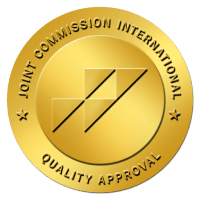
 أنقر هنا
أنقر هنا أنقر هنا
أنقر هنا
